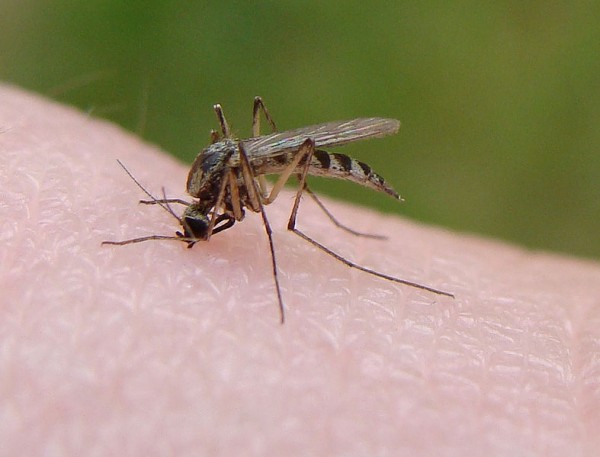
The recent outbreak of the Zika virus initially started in April last year in Brazil. It has yet to be a year since the outbreak begun but already the mosquito-borne disease has been declared as a public health emergency of international concern by the World Health Organization or WHO.
While the Zika disease is a relatively benign illness with symptoms resembling the common cold, the concern stems from the suspected relationship between the virus and birth defects like microcephaly and Guillain-Barre syndrome.
The disease, which is transmitted by the Aedes Aegypti mosquito, has since spread to most of South America, Central America, Mexico and the Caribbean. A few countries have issued travel warnings in order to halt further transmission of the zika virus. Unfortunately, it seems like the strides were enforced a little too late.
Recently, officials from the US Centers for Disease Control and Prevention or US-CDC confirmed that a US resident, who travelled in the Philippines for four weeks, have developed Zika symptoms a week before returning to America.
"We were informed that shortly after returning home to the US, an evidence of Zika virus infection was detected from the patient. Currently, we are coordinating with US-CDC for the profile of the patient, including information on places she visited in the Philippines," announced Janette Garin from the US-CDC.
Officials from the Philippine's health department have yet to uncover how the American contracted the disease while in the country.
The American, who recently presented Zika symptoms, is the first recorded case of the disease in the country in the last few years. The last instance of Zika was charted in 2012. The 15 year old boy infected by the virus three years ago eventually recorded from the virus in three weeks.



